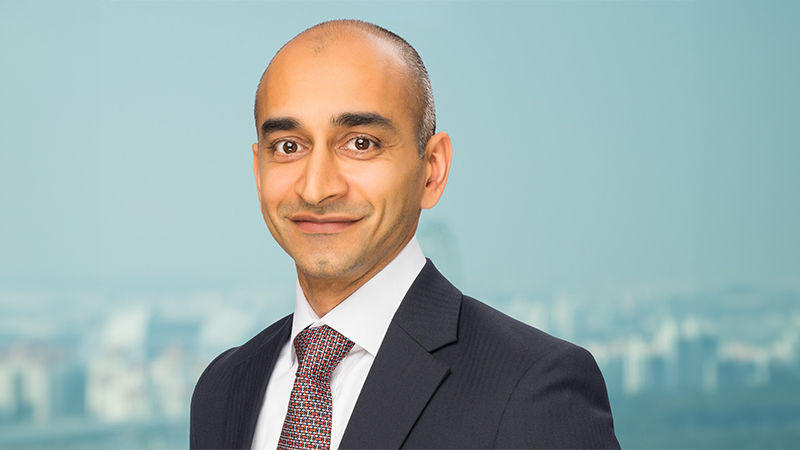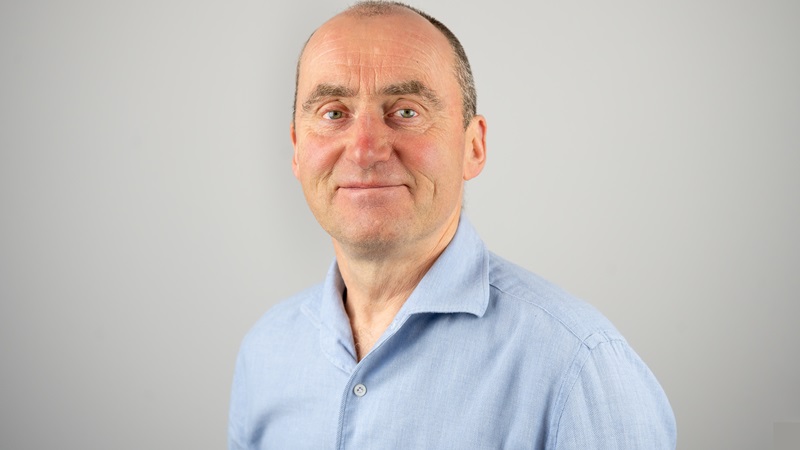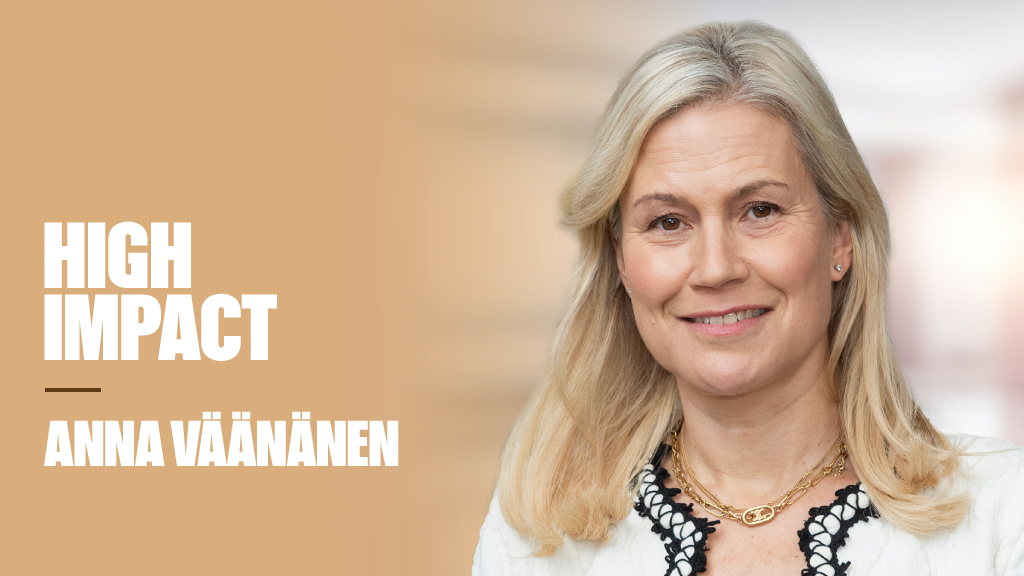The company investigated the differing fund costs across Europe to ascertain whether investors can benefit from a lower ongoing charge depending on where their funds are domiciled. Morningstar also assessed “if and how” achieved benefits from economies of scale in the fund industry are passed through to investors.
“Given the regulatory support for the ongoing charge as the standard cost disclosure to investors, we undertook this study to understand whether a fund’s domicile made any notable difference to the cost of investing,” said Nikolaj Holdt Mikkelsen, chief analyst for Morningstar Denmark and author of the report.
The research found investors in Nordic domiciled share-classes in aggregate pay lower charges than other European domiciles, with an average ongoing charge of 0.98% versus a European average of 1.08%. Morningstar mention Sweden and Denmark as having some of the lowest charges, with the Nordic exception being Finland which has an average ongoing charge of 1.1%.
Investors in share classes based in Luxembourg meanwhile, which collectively hold the most assets in any European domicile, pay among the highest charges, said Morningstar, with average charges hitting 1.22%.
This figure is equal to that of the UK which is the second largest market in Europe with a 16% share, although still less than half of the market in Luxembourg, and total capital of €880bn.
Morningstar added that investors in larger share classes or in funds of larger asset management groups are missing out, too. It stated: “the report shows that cost savings through economies of scale that could be passed to investors vary among the domiciles, and in some domiciles, are not passed along to end investors at all”.
According to the study, “a typical European equity or allocation fund investor” could save about 20% in ongoing charges by choosing a large share class, or a large fund company relative to a smaller one; for fixed-income investors, the savings are even more significant.
Mikkelsen added: “Our findings demonstrate that domicile does indeed matter, with considerable degrees of variation between the average ongoing charge in each of the domiciles we surveyed. If we take an investment of €100,000 and assume an additional monthly savings rate of €500 for a further 10 years, and only take ongoing charges into account, we have a difference of some €9,500 in growth between an investor in the cheapest domicile, Norway, and the most expensive domicile, Belgium.”










